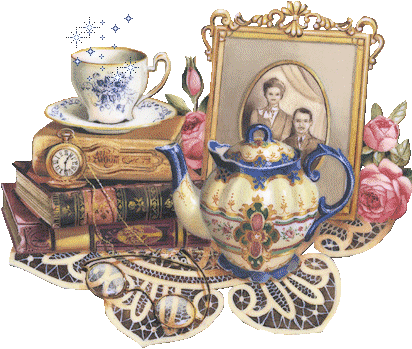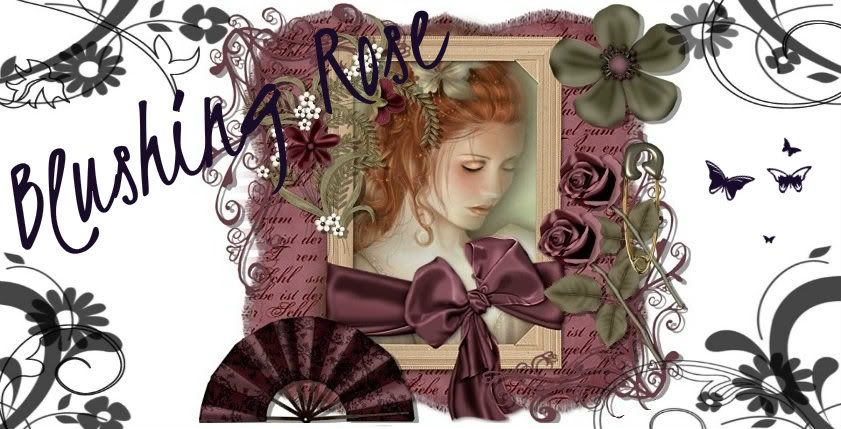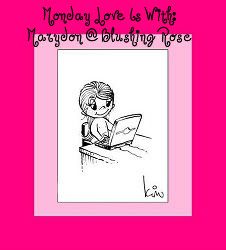
Did you know the saying "God willing and the Creeks don't
rise" was in reference to the Creek Indians and not a body
of water? It was written by Benjamin Hawkins in the late
18th century. He was a politician and Indian diplomat.
While in the south, Hawkins was requested by the President
of the U.S. to return to Washington . In his response, he
was said to write, "God willing and the Creeks don't
rise." Because he capitalized the word "Creeks" it is
deduced that he was referring to the Creek Indian tribe and
not a body of water.
************************************************************
GIVEAWAY ends 12/9
************************************************************
In George Washington's days, there were no cameras. One's
image was either sculpted or painted. Some paintings of
George Washington showed him standing behind a desk with
one arm behind his back while others showed both legs and
both arms. Prices charged by painters were not based on
how many people were to be painted, but by how many limbs
were to be painted. Arms and legs are 'limbs,' therefore
painting them would cost the buyer more. Hence the
expression, 'Okay, but it'll cost you an arm and a leg.'
(Artists know hands and arms are more difficult to paint)
******************************
As incredible as it sounds, men and women took baths only
twice a year (May and October) Women kept their hair
covered, while men shaved their heads (because of lice and
bugs) and wore wigs. Wealthy men could afford good wigs
made from wool. They couldn't wash the wigs, so to clean
them they would carve out a loaf of bread, put the wig in
the shell, and bake it for 30 minutes. The heat would
make the wig big and fluffy, hence the term 'big wig.. '
Today we often use the term 'here comes the Big Wig'
because someone appears to be or is powerful and wealthy.
************************************************************
In the late 1700's, many houses consisted of a large room
with only one chair. Commonly, a long wide board folded
down from the wall, and was used for dining. The 'head of
the household' always sat in the chair while everyone else
ate sitting on the floor. Occasionally a guest, who was
usually a man, would be invited to sit in this chair
during a meal. To sit in the chair meant you were important
and in charge. They called the one sitting in the chair
the 'chair man.' Today in business, we use the expression
or title 'Chairman' or 'Chairman of the Board.'
************************************************************
Personal hygiene left much room for improvement. As a
result, many women and men had developed acne scars by
adulthood. The women would spread bee's wax over their
facial skin to smooth out their complexions. When they
were speaking to each other, if a woman began to stare at
another woman's face she was told, 'mind your own bee's
wax.' Should the woman smile, the wax would crack, hence
the term 'crack a smile'. In addition, when they sat too
close to the fire, the wax would melt . . . Therefore, the
expression 'losing face.'
********************************************
Ladies wore corsets, which would lace up in the front. A
proper and dignified woman, as in 'straight laced' wore a
tightly tied lace.
************************************************************
Common entertainment included playing cards. However, there
was a tax levied when purchasing playing cards but only
applicable to the 'Ace of Spades..' To avoid paying the
tax, people would purchase 51 cards instead. Yet, since
most games require 52 cards, these people were thought to
be stupid or dumb because they weren't 'playing with a
full deck.'
************************************************************
Early politicians required feedback from the public to
determine what the people considered important. Since
there were no telephones, TV's or radios, the politicians
sent their assistants to local taverns, pubs, and bars.
They were told to 'go sip some Ale and listen to people's
conversations and political concerns. Many assistants were
dispatched at different times. 'You go sip here' and 'You
go sip there.' The two words 'go sip' were eventually
combined when referring to the local opinion and, thus we
have the term 'gossip.'
************************************************************
At local taverns, pubs, and bars, people drank from pint
and quart-sized containers. A bar maid's job was to keep
an eye on the customers and keep the drinks coming. She
had to pay close attention and remember who was drinking in
'pints' and who was drinking in 'quarts,' hence the phrase
'minding your 'P's and Q's'.
************************************************************
One more: bet you didn't know this!
In the heyday of sailing ships, all war ships and many
freighters carried iron cannons. Those cannons fired round
iron cannon balls. It was necessary to keep a good supply
near the cannon. However, how to prevent them from rolling
about the deck? The best storage method devised was a
square-based pyramid with one ball on top, resting on four
resting on nine, which rested on sixteen. Thus, a supply
of 30 cannon balls could be stacked in a small area right
next to the cannon. There was only one problem...how to
prevent the bottom layer from sliding or rolling from under
the others. The solution was a metal plate called a
'Monkey' with 16 round indentations. However, if this
plate were made of iron, the iron balls would quickly rust
to it. The solution to the rusting problem was to make
'Brass Monkeys.' Few landlubbers realize that brass
contracts much more and much faster than iron when
chilled. Consequently, when the temperature dropped too far,
the brass indentations would shrink so much that the iron cannonballs
would come right off the monkey; Thus, it was quite
literally, 'Cold enough to freeze the balls off a brass
monkey.' (All this time, you thought that was an improper
expression, didn't you.)









Fun Reading! I enjoyed it. Thank you
ReplyDeleteOhhhhhhhhhhhh these are just AWESOME!! I loveeeeeeeeeeee to know where expressions come from!!! :):):):):):):):):):):)
ReplyDeleteOh, my word. If I can figure out how to print that off, I am taking that to work with me. How interesting
ReplyDeleteHi Marydon, I enjoyed my history lesson this morning before I go out the door to go to work. We had a light dusting of snow last night and suppose to get some more. They are saying we won't get that much, but that is when we need to look out. Have a great day. Take care. Your Missouri Friend.
ReplyDeleteSome of these I knew but most I did not. Fun! What is your giveaway?
ReplyDeletethis was a fun read!
ReplyDeleteThis was such a neat history lesson. I will have to use it at our family get together. Thanks for sharing this - Christmas blessings,
ReplyDeleteBrenda
Where do you find all this interesting stuff??? My husband is a real history buff! I'll show it to him.
ReplyDeleteNancy
That was interesting...thanks for sharing.....blessings
ReplyDeleteThis is amazing!! I have to show Hubs!!
ReplyDeleteXO,
Jane
Well, I feel smarter for being here today!
ReplyDeleteThat was hilarious.
Great history lesson.
I know some big wigs that I will think of head lice the next time I see them.
love it... spent most spare minutes this am reading this!!!!so interesting.
ReplyDeleteWhat a wonderful collection of things I didn't know:) Thanks for sharing! I will repeat them and look really smart... like you! Have a blessed day, HUGS!
ReplyDeleteI am forwarding this to the hubs -
ReplyDeleteAnd was wondering how you were and wanted to say hello.
sandie
That's amazing - I love learning the origins of words or sayings. Pretty funny some of them ;) Aren't you glad you don't have to smear wax on your face?!
ReplyDeleteWOW, this is interesting! The bee's wax is so funny!!! And I adore that picture--it is precious!!! I hope you have a great weekend, my friend.
ReplyDeleteLove,
Cindy
Well that was really fun and interesting. I've never heard any of those explanations before!
ReplyDeletehaaahhhaaa...loved reading these. I am copying and sending to all my friends.
ReplyDeleteThanks for some laughs....
xo bj
That was soooo interesting! I love stuff like that! Thanks for sharing.
ReplyDeleteCindy
Marydon, I just finished reading your tidbit history. Thanks for making me laugh this morning. Amazing information! Have a great day. Hugs, Linda
ReplyDeleteI LOVED this! Some of it I knew (I am a huge history buff) but some of it was new to me, and I really enjoyed my history lesson today!
ReplyDelete